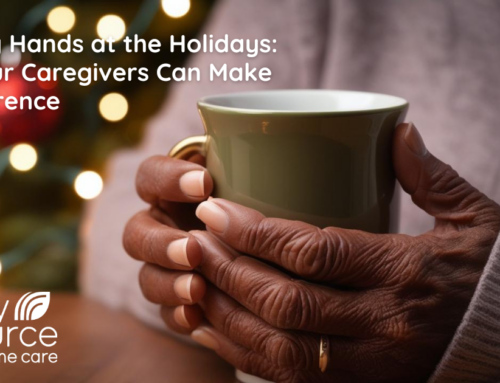Why Do We Dream? Theories and Science Behind Dreams
Dreams have fascinated humans for centuries, with scientists and psychologists proposing various theories about why we dream. Some of the most widely accepted theories include:
- Psychoanalytic Theory – Sigmund Freud believed that dreams are a way for the subconscious mind to process repressed emotions and desires.
- Activation-Synthesis Theory – This theory suggests that dreams are the brain’s way of making sense of random neural activity during sleep.
- Memory Consolidation Theory – Dreams may help process and store memories, reinforcing learning and problem-solving skills.
- Emotional Regulation Theory – Some researchers propose that dreams help us process emotions and navigate stress.
While the exact purpose of dreams is still debated, they play a crucial role in emotional and cognitive health, particularly in older adults.
Elderly Dream Meaning: What Do Seniors’ Dreams Tell Us?
As people age, their sleep patterns change. Seniors often experience lighter sleep and more frequent awakenings, which can affect their dream cycles. Many seniors report more vivid dreams, sometimes related to past memories, fears, or anxieties about aging and health.
Common themes in elderly dreams include:
- Revisiting past events and loved ones
- Dreams of falling or feeling lost
- Symbolic representations of health concerns
- Dreams of deceased relatives, which can be comforting or distressing
Understanding elderly dream meaning can help caregivers and family members support seniors as they process these nighttime experiences.
When Dreams Lead to Disorientation in Seniors
Some seniors wake up feeling disoriented, confused, or even distressed after particularly vivid or unsettling dreams. This can be especially common for individuals with dementia or other cognitive impairments. Factors such as medications, changes in routine, or sleep disorders can also contribute to dream-related confusion upon waking.
At Family Resource Home Care in Bellingham, Washington, we can provide caregivers who can take proactive steps to assist seniors when dreams impact their well-being.
How Caregivers Can Assist Seniors After Vivid Dreams
For caregivers, understanding elderly dream meaning is crucial in providing the right support. Here’s how caregivers can help:
- Provide Reassurance and Comfort – A calm and familiar presence can help seniors reorient themselves upon waking.
- Maintain a Consistent Sleep Routine – Regular sleep patterns can reduce nighttime disturbances and improve dream quality.
- Encourage Discussion of Dreams – Talking about dreams can help seniors process emotions and reduce anxiety.
- Adjust the Sleep Environment – A relaxing sleep setting with minimal disturbances can promote restful sleep.
- Monitor Medications and Health Conditions – Some medications can affect dream intensity and frequency. Consulting a healthcare provider may help identify possible adjustments.
Elderly Dream Meaning and Care in Bellingham, Washington
In Bellingham, Washington, Family Resource Home Care provides compassionate caregivers who understand the unique sleep challenges seniors face. Our trained professionals offer overnight assistance, companionship, and emotional support to help seniors navigate disorientation from vivid dreams.
Understanding elderly dream meaning allows caregivers to address seniors’ emotional and cognitive needs, ensuring they wake up feeling safe and supported.
Sources:






